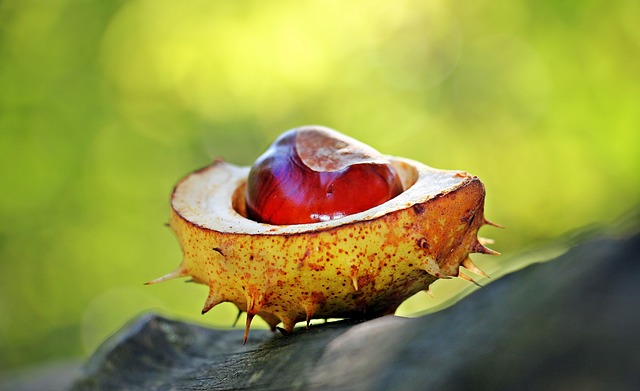Probiotics 101: The Science Behind a Healthy Gut
Introduction
In recent years, there has been a growing interest in probiotics and their role in maintaining a healthy gut. Probiotics are live bacteria and yeasts that are beneficial for our digestive system. Their consumption has been linked to a wide range of health benefits, including improved digestion, strengthened immune system, and even enhanced mental health.
What Are Probiotics?
Probiotics are living microorganisms that are similar to the “good” bacteria already present in our bodies. The most common types of probiotics are Lactobacillus and Bifidobacterium, which can be found in certain foods or taken as supplements. These microorganisms help restore the natural balance of bacteria in our gut, which can be disrupted by factors such as poor diet, stress, antibiotics, or illness.
The Gut Microbiota
The gut microbiota refers to the trillions of microorganisms, including bacteria, fungi, and viruses, that live in our digestive tract. These microorganisms play a crucial role in maintaining our overall health. They help break down food, produce essential vitamins, regulate the immune system, and prevent harmful substances from entering our bloodstream.
The Science Behind a Healthy Gut
Research has shown that the composition of the gut microbiota can have a significant impact on our health. An imbalance in the gut microbiota, known as dysbiosis, has been linked to various health conditions, including obesity, inflammatory bowel diseases, and mental health disorders.
Probiotics help promote a healthy gut by increasing the number of beneficial bacteria in our digestive system. They have been found to improve the function of the intestinal barrier, which prevents harmful substances from entering the bloodstream. Probiotics also produce short-chain fatty acids, which nourish the cells lining the gut and help reduce inflammation.
Health Benefits of Probiotics
Consuming probiotics regularly can have numerous health benefits, including:
- Improved Digestion: Probiotics can help regulate bowel movements and relieve symptoms of digestive disorders such as diarrhea, constipation, and irritable bowel syndrome (IBS).
- Boosted Immune System: Probiotics stimulate the production of immune cells in the gut, enhancing the body’s ability to fight off infections and diseases.
- Reduced Inflammation: By promoting a healthy gut, probiotics can help reduce chronic inflammation, which is associated with various health issues, including heart disease, diabetes, and autoimmune diseases.
- Improved Mental Health: Emerging research suggests a link between the gut and the brain, often referred to as the “gut-brain axis.” Probiotics may play a role in alleviating symptoms of anxiety, depression, and other mental health disorders.
Sources of Probiotics
Probiotics can be found in a variety of foods, including:
- Yogurt: Look for yogurts labeled with “live and active cultures,” as they contain beneficial bacteria. Greek yogurt and kefir are particularly rich in probiotics.
- Sauerkraut: Fermented cabbage is a good source of probiotics. Make sure to choose unpasteurized sauerkraut to ensure it contains live bacteria.
- Kombucha: A fermented tea beverage, kombucha contains probiotics and can be a tasty and refreshing way to incorporate them into your diet.
- Miso: A traditional Japanese seasoning made from fermented soybeans, miso is full of probiotics and adds a unique flavor to soups and marinades.
- Kimchi: Kimchi, a popular Korean side dish made from fermented vegetables, such as cabbage and radishes, provides a healthy dose of probiotics.
Conclusion
Probiotics offer a multitude of health benefits, particularly when it comes to maintaining a healthy gut. By promoting the growth of beneficial bacteria in our digestive system, probiotics can







